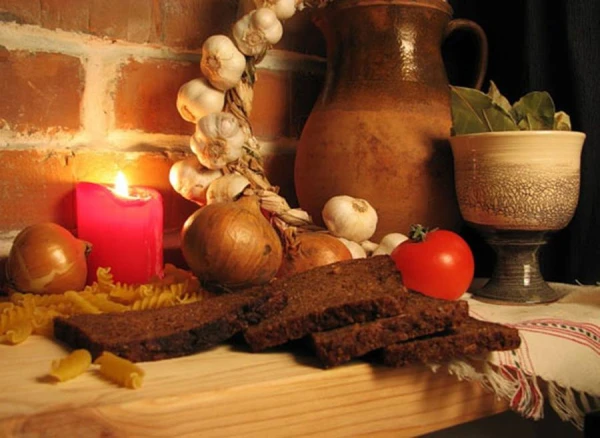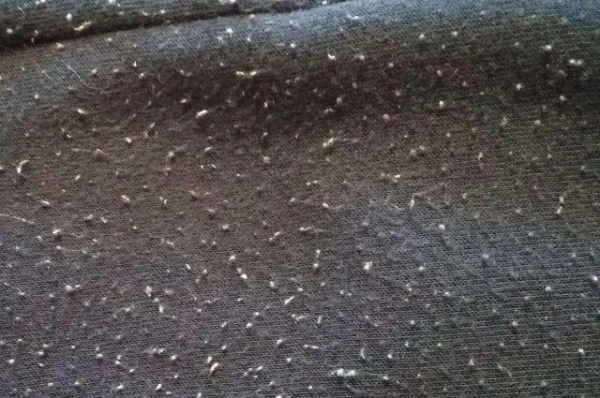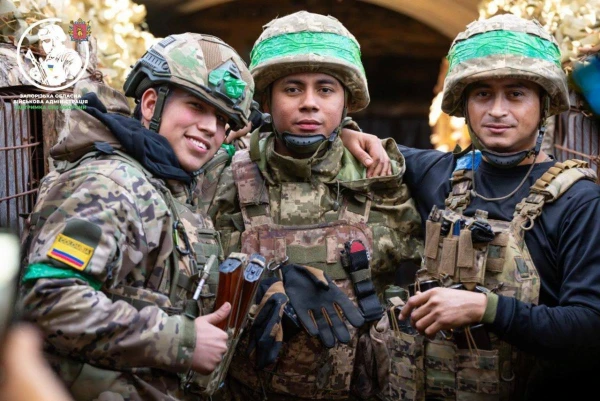
On November 27, Orthodox Christians honor Saint Philip, one of the twelve apostles close to Jesus Christ. In the folk calendar, this day is called Philippovka, Zagovenye. It previously preceded the Christmas or Philippov fast, which is one of the four longest fasts of the year.
On November 27, Orthodox churches commemorate the memory of Saint Apostle Philip, one of the twelve beloved disciples of Jesus Christ. According to the Gospel of John, he was born in the same city as the apostles Andrew and Peter. All three were called by the Almighty at the same time. At that moment, Philip was married and had daughters.
The Lord endowed the apostle with the gift of miracles. His ability to communicate with people was his personal talent. Idolaters who listened to the sermons of the holy apostle about the Gospel left enlightened. They immediately renounced paganism and accepted Orthodoxy.
Philip was able to persuade not only with words but also with deeds. According to traditions, once he brought a dead child back to life, whom his grieving mother had brought to him. Another miracle was another resurrection. The deceased was being carried on a stretcher when a crowd of pagans surrounding Philip threatened to beat him with sticks. Seeing the dead man, the apostle, without thinking of himself, resurrected him with the help of prayer.
The life of Saint Philip ended on a cross, to which he was nailed by enraged pagans. The reason for the execution was his missionary activity.
Philippovka: Folk Calendar
Philippovka was called differently by the people: some claimed it was “Philip's Day,” others recognized it as “Zagovenye.” Others believed that the folk holiday was called “Kudelytsia.”
The holiday of Zagovenye was considered the last day before the long Christmas fast when it was allowed to eat dairy products, eggs, meat, and fish dishes. Therefore, there were many treats on the tables that day. Housewives prepared abundant meals. In villages, joint gatherings were organized, where food was collected collectively.
While the youth had fun, the women, after clearing the tables, gathered in the largest hut and engaged in handicrafts. The women’s gatherings began on Philippovka. “Zasidy,” as they were called by ancestors, allowed women to unwind.
During breaks between work, they gossiped, told scary stories, and sang softly. The importance of handicrafts is evidenced by proverbs: “A careless spinner has no shirt for herself”; “The plow feeds, the spindle clothes”; “If you don’t spin in winter, you won’t have anything to weave in summer.”
What to Do on Philippovka
Zagovenye has its own traditions. For example, during this time, it is customary to take food outside. The meal was intended for the spirits that protect the household livestock. If the spirits are fed, the livestock will not face any danger in winter.
On Philippovka, in some regions, rituals for driving away cockroaches were performed. The whole family was involved in this amusing ritual. To carry it out, one had to first catch a cockroach, then tie a thread to its leg and take the insect outside as a family.
On Philippov Day, girls would guess about their betrothed. By this time, the wedding season was ending. Those who had not managed to get married in church would have to wait for Krasnye Gorki. Before this holiday, it was not allowed to get married.
But before going to the altar, it was necessary to find a worthy groom. He could be seen in a dream. For this, young women would leave a piece of beef from dinner and hide it under their pillow. The boy that the girl saw in her dreams was supposed to become her husband.
Philippovka: Folk Omens
The omens of Zagovenye can predict the weather. If there is hoarfrost on the trees in the morning, it means there will be a good harvest of oats in the summer. If it rains in the morning, a good harvest of wheat can be expected.
The elders knew: if crows cawed on Philippovka, expect a thaw. If there are many clouds in the sky and it is snowing, the end of May will be inclement. If the snow crunches loudly underfoot, it is a sign of severe cold.
If Philippov Day is cloudy, the coming year will be fruitful. If the sun is shining outside, there will be no harvest to expect. If fog is rolling over the ground, it is a sign of warming.
Philippovka: What Not to Do
Despite the fact that after Philippov Day the fast begins, during which food of animal origin is prohibited, the elders warned that one should not succumb to the temptation of gluttony and overeat. On Zagovenye, it is also forbidden to:
Go into the forest. At this time, dark forces seek victims, so one may not return home.
Contact wild animals. They can be aggressive and dangerous at this time.
Be gloomy and spend the day in sad solitude.
On Philippovka, it is also not recommended to be lazy and stay in bed for long. Our ancestors believed that luck would bypass such people, and finances would stop coming into their wallets.













